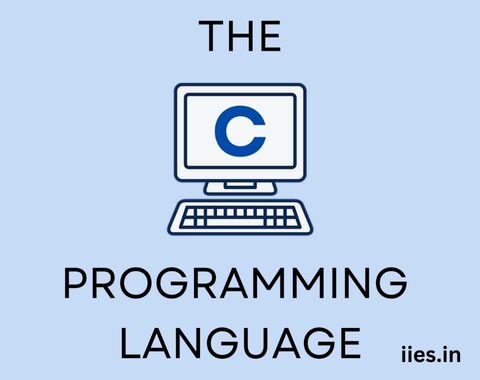Introducing the C Standard Library and its Significance
The C Standard Library is a treasure trove of functions and libraries that simplify software development. We’ll introduce you to this invaluable resource and explain how it streamlines the programming process.
Discussing Commonly Used Functions and Libraries
From memory management to file handling, the C Standard Library offers a wide array of functions and libraries. We’ll dive into some of the most commonly used ones and illustrate their practical applications.
Explaining How the Standard Library Simplifies Software Development
Efficiency and productivity are at the core of the C Standard Library. We’ll demonstrate how it simplifies software development, allowing programmers to focus on solving complex problems rather than reinventing the wheel.
C Programming Tools and Environments
Discussing Popular Integrated Development Environments (IDEs) for C
Choosing the right IDE can significantly impact a developer’s efficiency. We’ll review some of the most popular IDEs for C programming, helping you find the one that suits your needs best.
Explaining the Importance of Compilers and Debuggers
Compilers and debuggers are indispensable tools in the world of C programming. We’ll explain their roles and how they help catch and fix errors in your code.
Providing Recommendations for Tools and Resources for C Programming
We’ll conclude this section by offering a selection of tools and resources that will aid you in your C programming journey. Whether you’re a novice or an experienced coder, these recommendations will come in handy.
Learning C Programming
Sharing Tips and Resources for Beginners
For those just starting with C programming, we’ve got you covered. We’ll share valuable tips and resources to help you navigate the initial learning curve and become a proficient C programmer.
Discussing Online Courses, Books, and Tutorials
The world of C programming education is vast, with numerous online courses, books, and tutorials. We’ll guide you through some of the best options, ensuring your learning journey is both engaging and productive.
Emphasizing the Importance of Practice and Projects
Though theory is important, learning really happens in practice. We’ll underscore the significance of hands-on coding and provide ideas for projects that will boost your C programming skills.
C Programming Challenges and Best Practices
Discussing Common Challenges Faced by C Programmers
No programming language is without its challenges, and C is no exception. We’ll tackle some of the common issues that programmers encounter and provide strategies to overcome them.
Sharing Best Practices for Writing Efficient and Secure C Code
Writing efficient and secure code is paramount in C programming. We’ll offer best practices that will help you produce code that is not only functional but also robust and safe.
Highlighting the Importance of Proper Memory Management
Programming in C requires careful attention to memory management. We’ll delve into this topic, explaining the intricacies of managing memory and how to prevent memory-related issues in your code.
The Future of C Programming
Exploring the Relevance of C in Today’s Rapidly Evolving Tech Landscape
In a world where new programming languages emerge frequently, does C still have a place? We’ll analyze the relevance of C in the context of today’s ever-evolving technology landscape.
Discussing the Ongoing Development of C Standards
C is not a stagnant language. It continues to evolve, adapting to the changing needs of the industry. We’ll provide insights into the ongoing development of C standards and what that means for the language’s future.
Speculating on the Future of C Programming in Emerging Technologies
As emerging technologies like AI, IoT, and blockchain reshape the tech world, we’ll speculate on how C programming may find new applications and opportunities in these cutting-edge fields.

